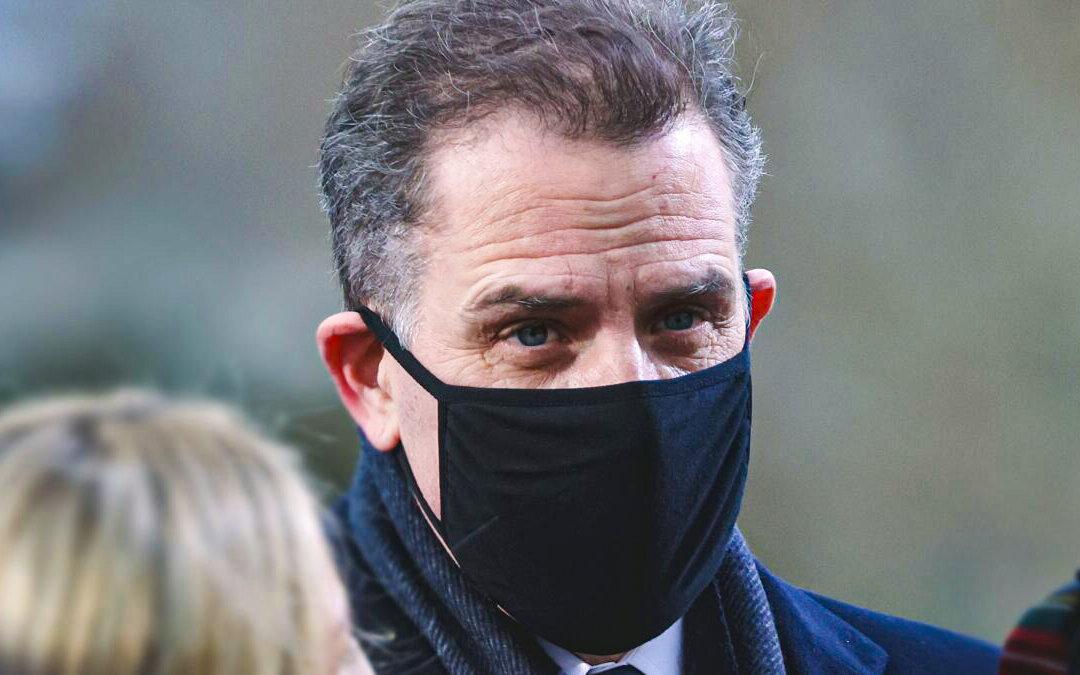Commentary
Hunter Biden’s laptop seems like a pretty trivial thing to be thinking or writing about in the shadow of war in Eastern Europe and possibly the wider world as well and economic turbulence at home.

Hunter Biden’s laptop seems like a pretty trivial thing to be thinking or writing about in the shadow of war in Eastern Europe and possibly the wider world as well and economic turbulence at home.